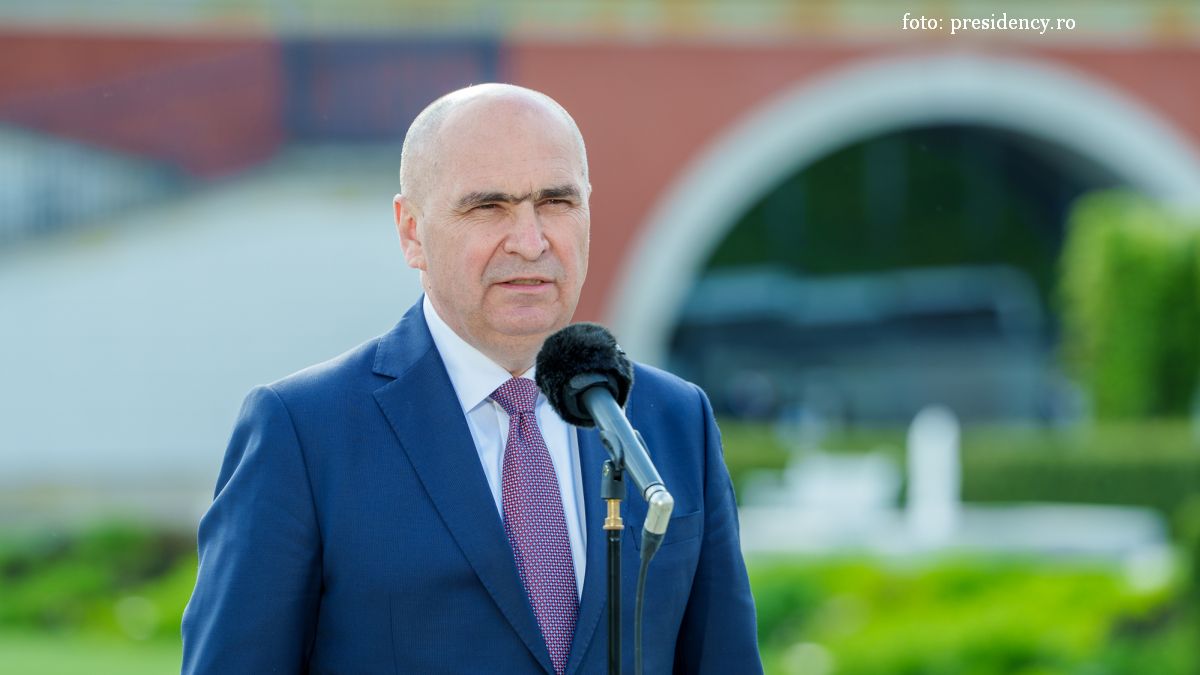The New Pension Law Promulgated
Romania's President Klaus Iohannis has promulgated the law on the public pension system, which was adopted by the Chamber of Deputies last month

România Internațional, 09.07.2019, 12:44
A new pension law, along with the unitary salary system in the public sector, has always been a major bet for the leftist coalition formed by the Social Democratic Party and the Alliance of Liberals and Democrats, who claim that their main goal is to do away with the inequities existing in the system. Pensions will be increased in stages, because the new law provides for an increase in the pension point as of September 1st, this year, until 2022.
The document also reads that all salary rights for which contributions have been paid are to be capitalized on, such as bonuses, the 13th salary, overtime, prizes and other incentives. Under the new law, the women who have paid their contributions to the pension fund for 15 years and have given birth to three children, will have their retiring age reduced by 6 years. The survivorship pension has been maintained, and the surviving spouse will get 25% of the pension of the deceased. The standard retiring age is 65 for men and 63 for women. The minimum contribution period is 15 years, and the complete stage is 35 years.
The former labour minister Olguta Vasilescu, the initiator of the bill, has stated that the delays encountered in adopting the law, which had to be endorsed by the the Constitutional Court, will not affect the recalculation of pensions. Lia Olguta Vasilescu:
“I hope there will be no delays. The pressure is, indeed huge, also on the National Pensions House and this will entail lots of reorganization for them. Its not easy to organize everything in just one and a half year, instead of two, including a tender for software equipment, and to recalculate more than 5 million pensions. It all depends on how well they will manage to organize themselves and how the Ministry of Labour and Social Justice will design this new architecture of the Pensions House.”
The right-wing opposition have voiced concern over the source of the money that is to be used to increase pensions, saying they do not believe in the optimistic economic forecasts presented by the Government. Irrespective, however, of the government that will lead the country, now the law forces it to ensure the necessary financial resources to pay the pensions, says the leader of the National Liberal Party, Ludovic Orban:
“What we want is for this growth to be operated annualy, as it was the case with the old pension law, which we supported, and also on the basis of clear and realistic economic data. This means that any increase must be in line with the increase in inflation and also with the economic growth, which is reflected in the average gross salary, which therefore means that pensions should raise in keeping with the increase in the average gross salary.”
The Labour Minister Marius Budai has given assurances that there will be a surplus in the pension budget by the end of the year.






























